Motivation for bankers to lend to MSMEs would come from relatively poor return on advances to large cos: Mundra
Updated: Jun 19, 2017 06:10:08am
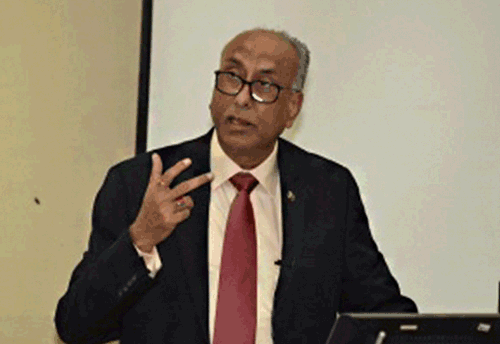
Motivation for bankers to lend to MSMEs would come from relatively poor return on advances to large cos: Mundra
New Delhi, June 19 (KNN) The motivation for the bankers to lend to the MSME segment would probably come from relatively poor return on their advances to the large corporates, said SS Mundra, Deputy Governor, RBI, stressing upon the growing importance of MSMEs in terms of job creation in the wake of big manufacturing companies increasingly automating their operations and process flow.
Mundra was addressing the 3rd Bankers Borrowers Business Summit organized by industry body ASSOCHAM in the national capital.
He highlighted that about one-third of the country's GDP is contributed by more than 50 million MSMEs in the country.
“It is expected that by 2020, India will have the largest job-ready youth population in the world,” he added.
Mundra said first and foremost reason is that with big manufacturing companies increasingly automating their operations and process flow, the number of jobs in these industries is going to decline.
A recent research based on World Bank data has predicted that the proportion of jobs threatened in India by automation could be around 69 per cent! That is a huge number.
“Since MSMEs are capable of generating plenty of jobs in segments like hospitality, apparel manufacturing, food processing and so on, it is time for the policy makers as well lenders to focus on them. In this context, there would also be a need for change in our perception about jobs. Work created in the formal sector alone does not constitute job. Even if entrepreneurship is promoted that also is equivalent to creation of a job. Hence, the public policy should focus on how much more work is created rather than how many jobs in the formal sector,” Mundra said.
The motivation for the bankers to lend to the MSME segment would probably come from relatively poor return on their advances to the large corporates, he said.
Still another push emanates from recent regulatory guidelines restricting banks’ exposures to single borrowers or borrowers in the same corporate group and forcing the large borrowers to meet their fund requirements from market borrowings rather than from banks. Under the circumstances, it would make sound commercial sense for the banks to look at MSME sector as a potential growth area, he added.
Mundra pointed providing adequate and timely finance at reasonable rate of interest to these 50 million units at the bottom of the pyramid has remained an elusive goal.
Highlighting few major reasons for the sector’s limited access to institutional credit, Mundra said “These include – small ticket size loan which renders these accounts operationally less profitable, lack of information about the operations of these enterprises and financial illiteracy among the small enterprise owners.”
Due to unavailability of timely as well as flexible institutional credit, a number of MSMEs fail to tide over temporary setbacks and eventually have to shut shop.
Highlighting ‘Mantras for Bankers’, Mundra said Appreciating the Life cycle needs of the MSMEs; Supporting faltering MSMEs; Focusing on Industrial Clusters are crucial for bankers.
Meanwhile, Bridging Information Asymmetry; Reaping Digital Dividend; Utilizing Alternate Sources of Finance; and Seeking Credit Rating are crucial for the borrowers, pointed the RBI Deputy Governor.
In his concluding remarks, Mundra said MSMEs must not fall into the lure of unrelated diversification or quick expansion. They should rather look to conserve capital and strengthen their balance sheet.
The firms need to be open with their bankers about the problems that their enterprise is facing at the earliest opportunity. On their part the banks would need to be pragmatic and sympathetic to the problems that the firms is facing and be willing to provide all possible help. Remember, bankers and borrowers have a symbiotic relationship and one cannot prosper in isolation, he advised.
He said the bottom line is that the information asymmetry that exists between the two parties needs to be bridged and industry associations like ASSOCHAM would have to strive to make that possible. (KNN Bureau)

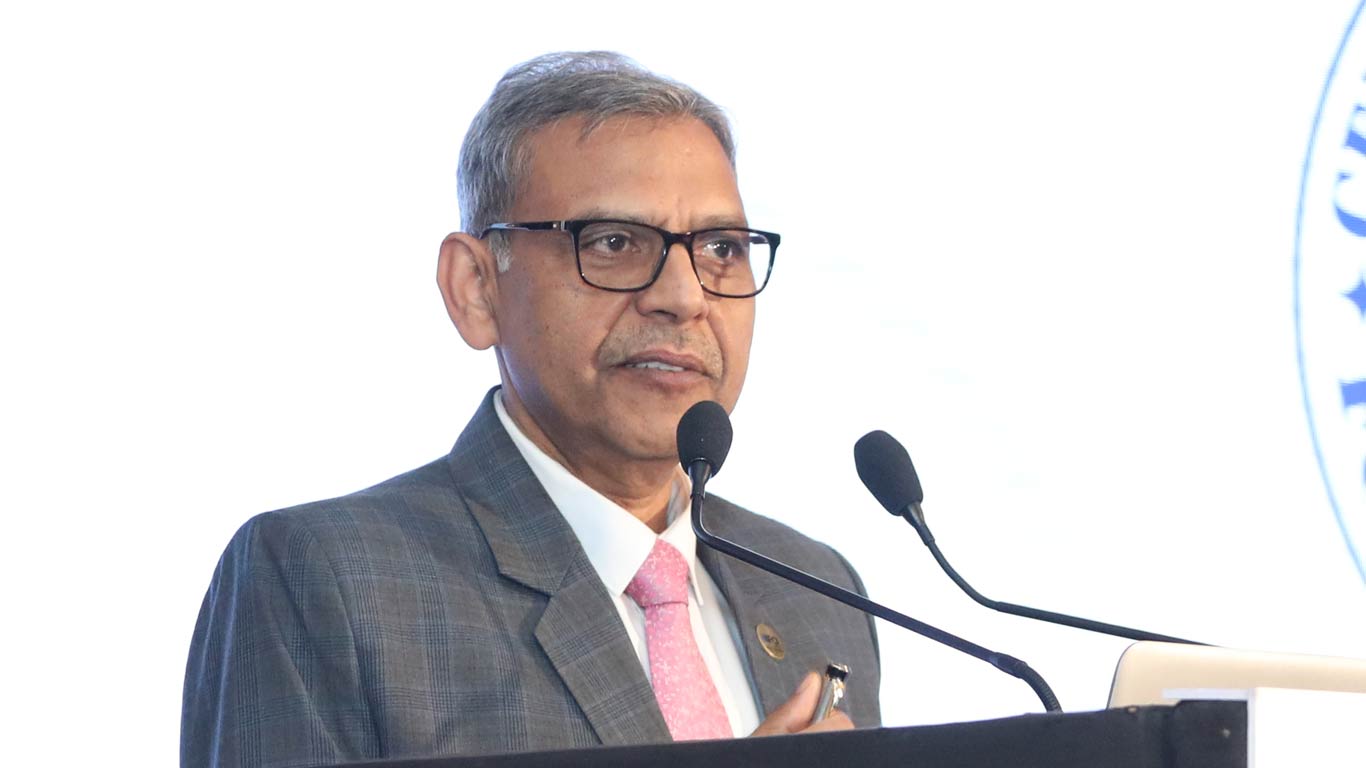
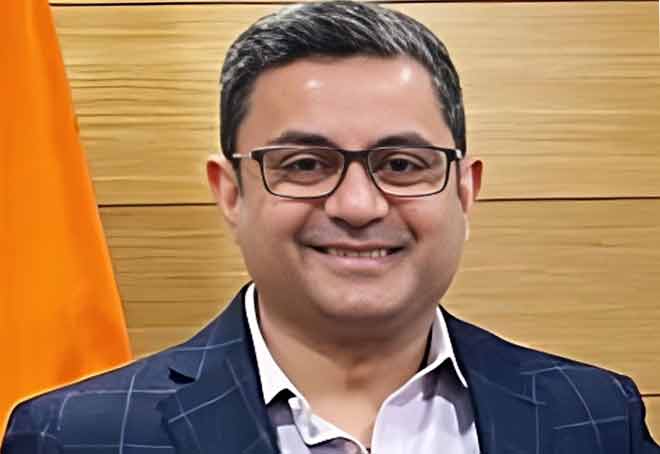

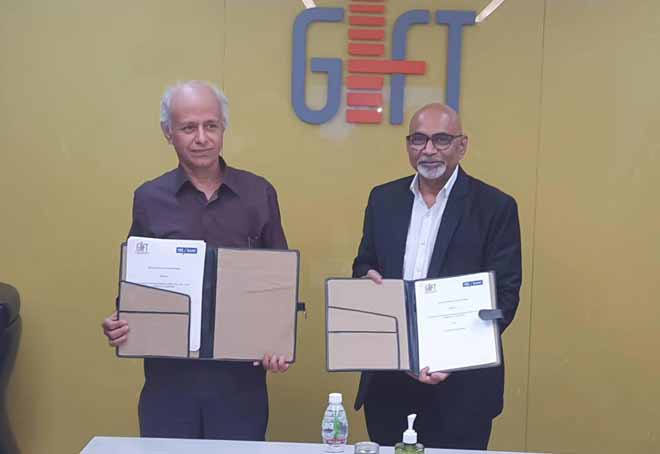
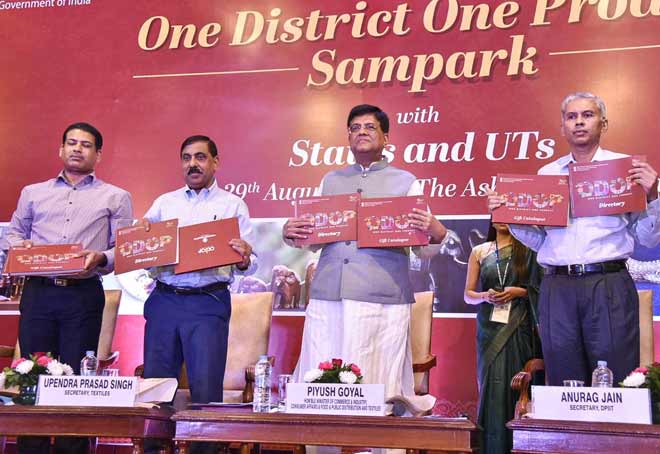





